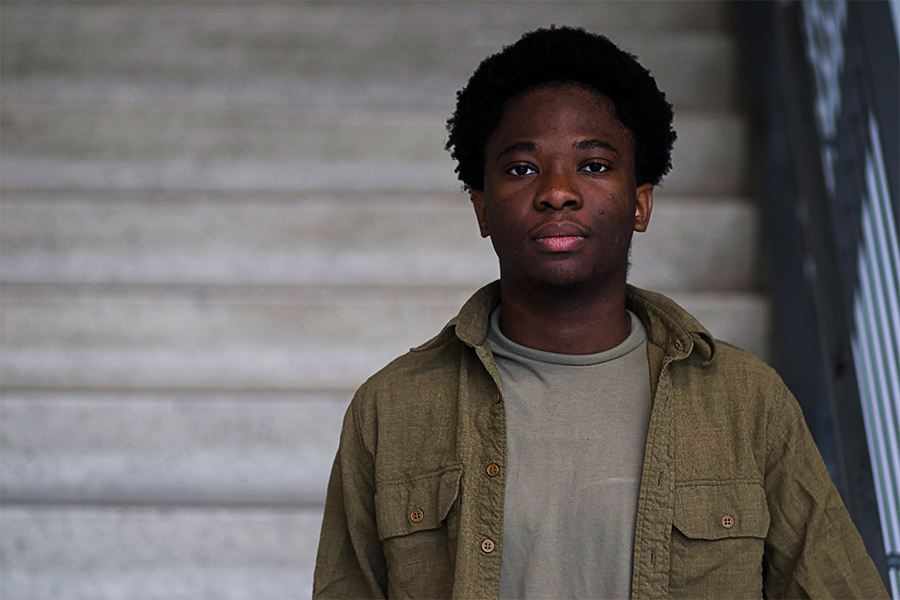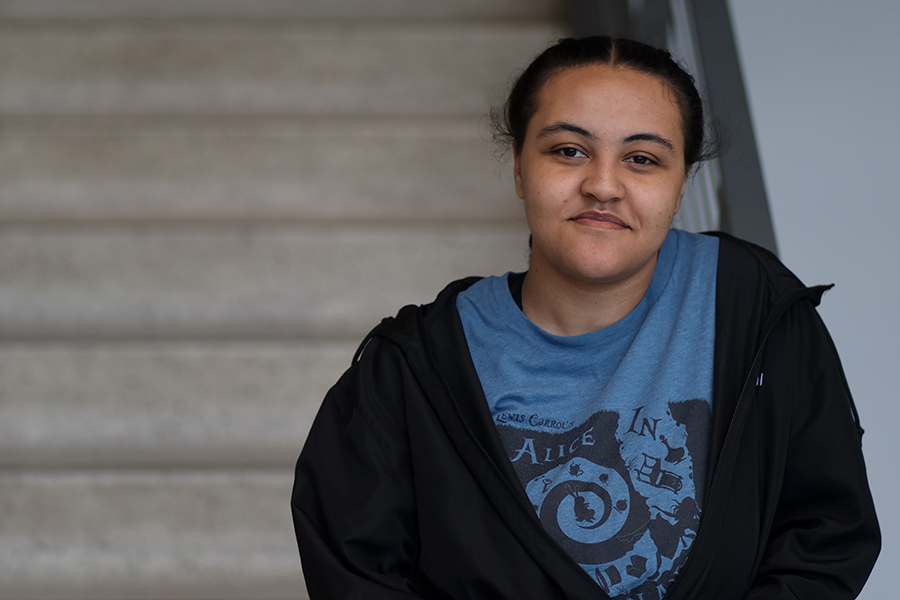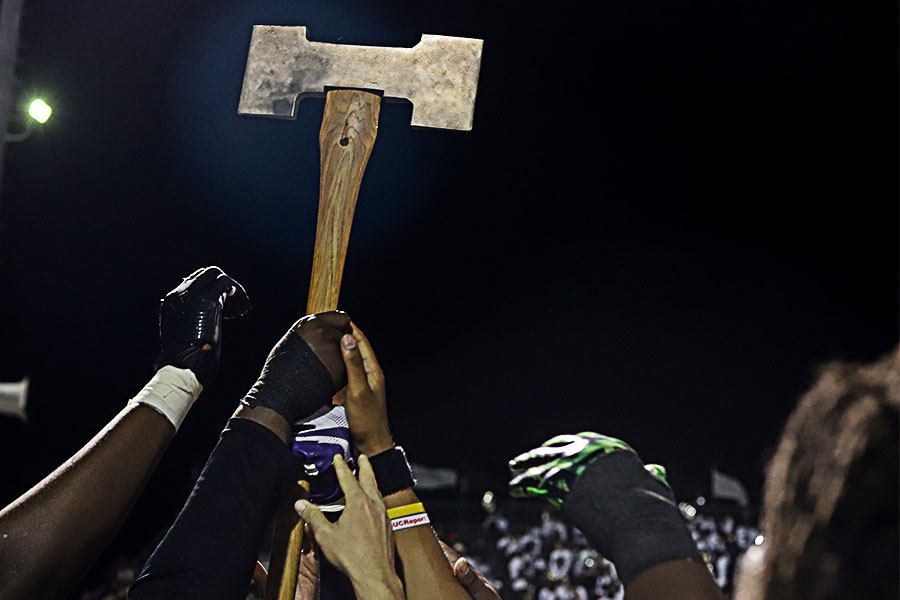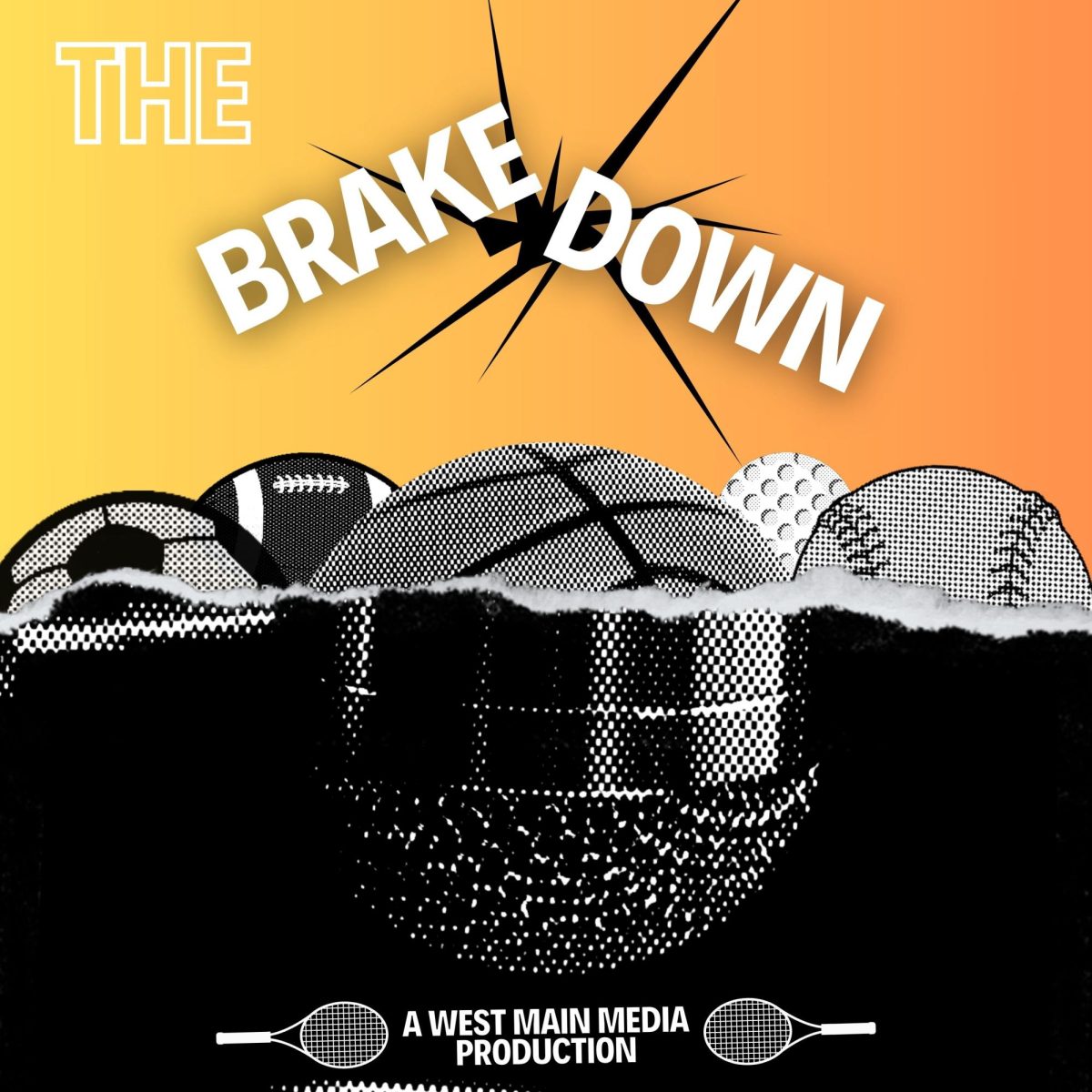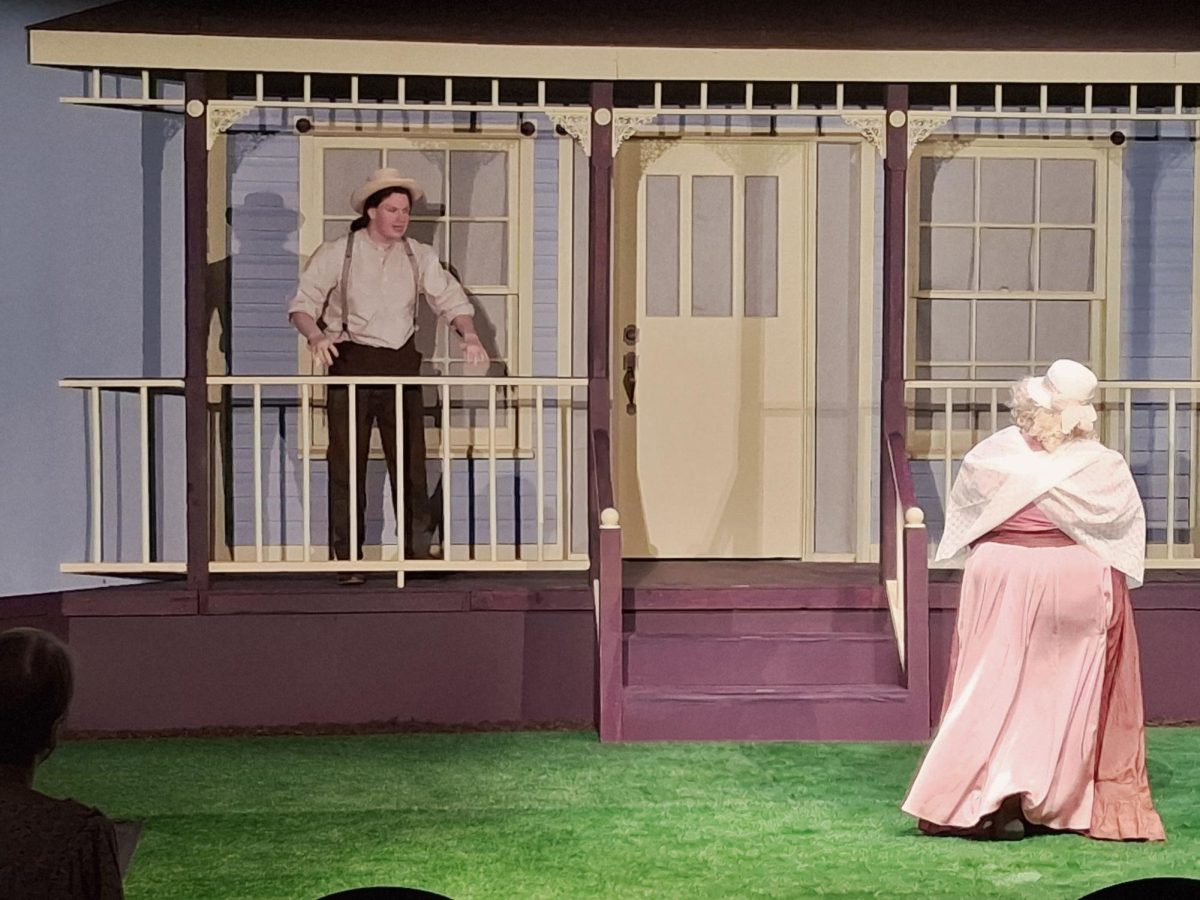High school is not as big of a deal as freshmen might think it is.
A common belief placed into middle schooler’s minds is that high school is much harder than previous years in school.
“One thing I wish I knew about high school is that it’s not as big of a deal as it seems whenever you’re in eighth grade going into high school,” senior student body president Faith Johnke said.“In eighth grade, you think, ‘Oh, this is a whole new experience, I’m scared of what’s going to happen,’ but in reality, everything’s going to be OK.”
High school is similar to other grade levels, but high school adds an extra amount of homework and fewer, but longer class periods. Transitioning from middle school to high school can be difficult, but in the end it’ll be OK.
“Going into high school, you’re almost starting all over again,” CTE Teacher Blair Green said. “Trying to find that place where you belong, but you can get through it and to believe in yourself for that.”
Looking at the grand scheme of things, high school isn’t much different than elementary or middle school. Of course, each grade level differs in difficulty, depending on the courses selected and the decision to take regular, advanced placement courses or dual credit.
“You have to take a step back, look at the big picture and know it can be scary, but you can get through it,” Green said.
Remember clubs and organizations are on students’ sides.
High school is much more unregulated in comparison to middle school, giving opportunities to join school organizations and become involved in the community. School provides opportunities, such as Student Council or National Honor Society.
“Get involved,” senior Student Council secretary Robyn Brown said. “Definitely [with] Student Council and any sports or clubs in general. Where you get yourself out there is good because people know you and you’re really deep into the school spirit.”
Everyone wants to see students succeed in their four years of high school, including the counselors.
“We want you to do things that make you look forward to coming here every day, because it can be a really great experience if you find your people and find things to do,” counselor Erin Somers said.
Take a hold of the educational experience provided.
Students heard for years from many teachers that school and education is important. It’s easy to shrug them off, not believing their words, though it’s completely and utterly correct. High school is no different, if not more important. Kids don’t have to have everything planned out by senior year; it’s not an expectation that’ll be placed on everyone.
“Students will come in here asking what they should do,” Somers said. “Really my job is not to tell you what you should do, but to help you process what the right answer is for you.”
Utilize the elective options, as they’ll help guide students to something they may like to do in the future. It may lead to finding new interests, or even uncover something a student absolutely despises doing.
It’s up to every student to take their education seriously, and use it to their advantage. Don’t be afraid to communicate with teachers and counselors, as they’re there to help in any way possible. Use all of the resources provided by staff members.
Ask questions, and take action to grow. High school should be fun and an exciting experience for everyone.

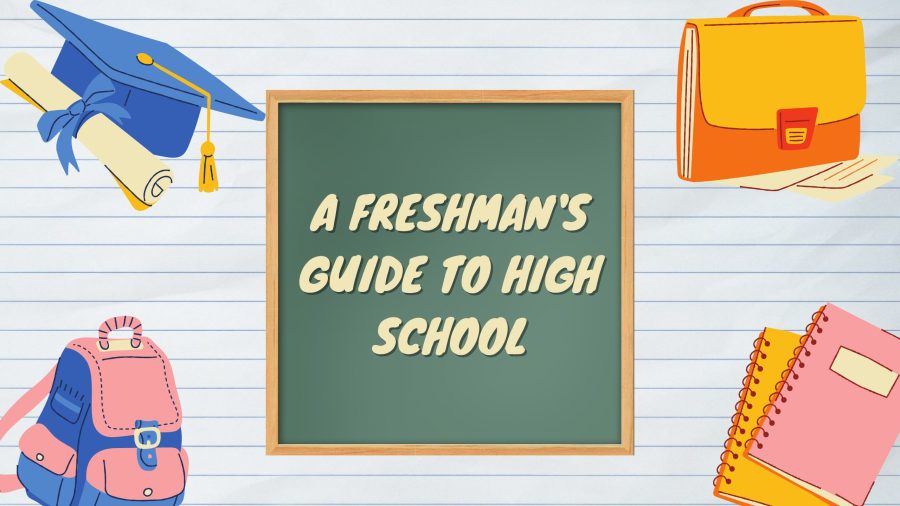
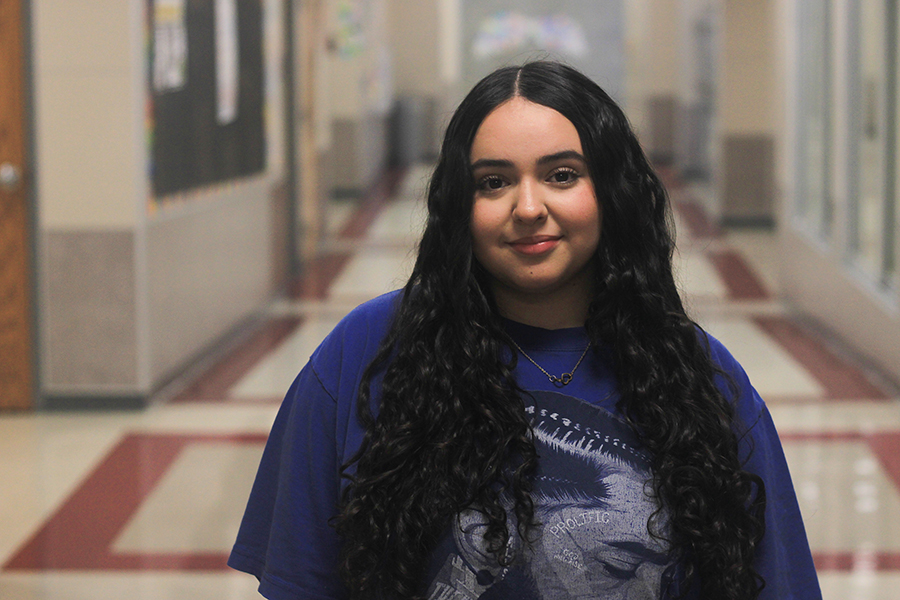
!["I hope to become fond [of] and understand the new dynamic of a life where I don't really have boundaries set by another person, but rather more of a liberal freedom."](https://farhar.net/wp-content/uploads/2025/05/topten9.jpg)





!["Learning is a really important aspect of high school – that's why we're here. I think the whole top ten thing can also encourage somebody [to] focus on grades and not the actual learning."](https://farhar.net/wp-content/uploads/2025/05/topten6.jpg)


